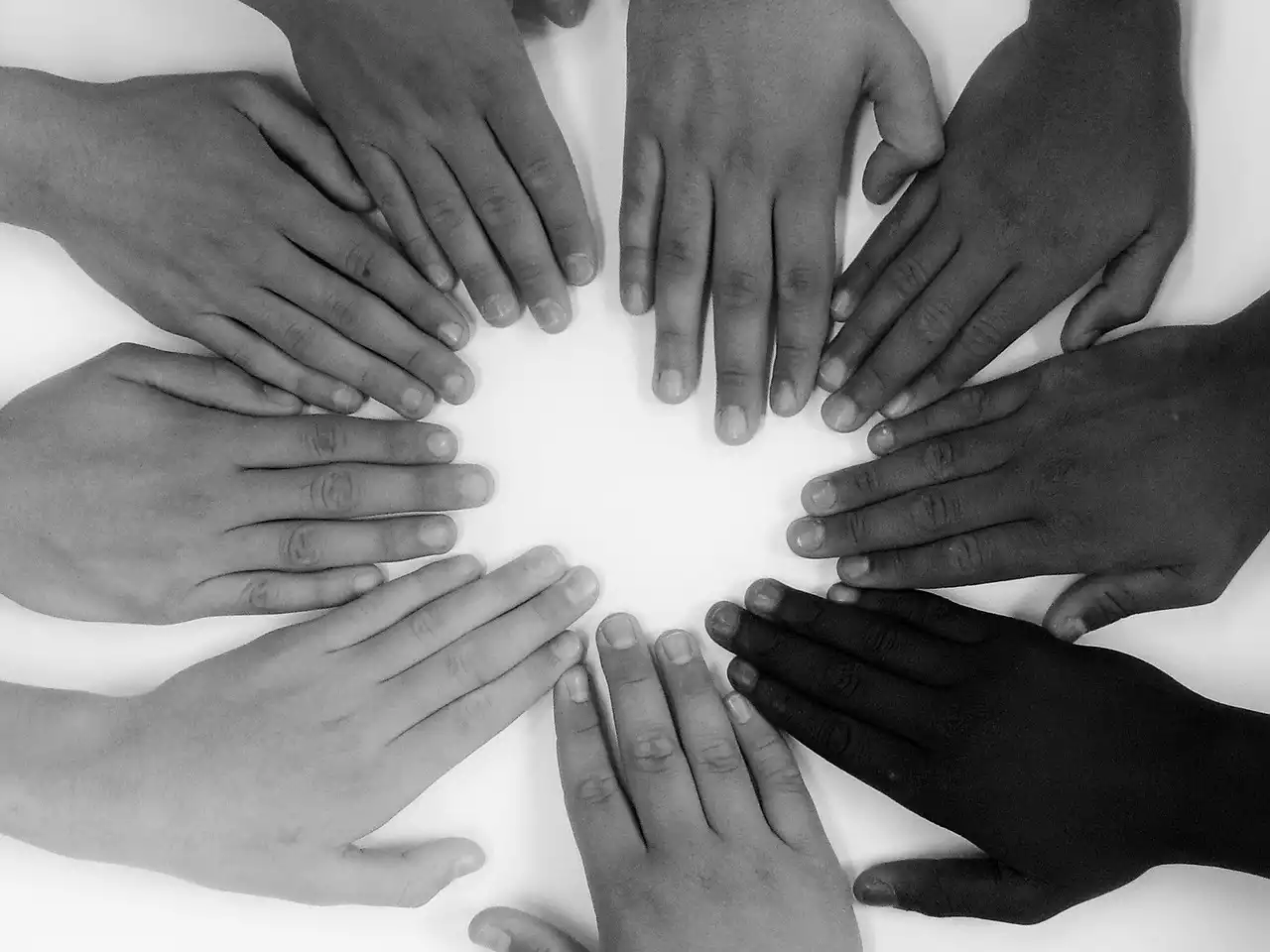Potential Risks Associated with Online Dating
Since online dating websites are virtual environments, scammers can easily pose as someone else or create fake profiles. This can make it easier for them to steal your money or identity. If you share your personal information with someone who turns out to be a scammer, you could be at risk of identity theft. Some online dating websites are set up as “hookup” sites where people post personal ads seeking casual or no-strings-attached sexual encounters. Although online dating websites often have safety features, such as blocking and reporting tools, using the internet always comes with some risks, including the potential for hacking or other cyberattacks. While many people use online dating as a way to find love, others use it as a way to meet people to date casually or have no-strings-attached sexual encounters. While many people choose to wait to share personal information until they have built a strong relationship with someone online, others engage in online dating as soon as they create a profile. Waiting too long to engage in online dating can leave you without a way to meet people.
Tips for Staying safe while online dating
It is important to diversify your online dating strategy by using multiple dating websites. This will make it harder for scammers to target you since they will have to create multiple profiles. Online dating websites set up for casual sexual encounters should be avoided. These sites tend to have a high risk of fraud and indecent behavior. Once you’ve established a safe, healthy pattern with your online dating, you should avoid sharing too much personal information with your partners. You should be careful about the photos you use on your dating profile. Avoid using photos that show off your personal information such as your address, work address, or other identifying details. Once you’ve established a safe, healthy pattern with your online dating, you should be careful with your online dating communications. Avoid sharing personal information such as your home or work address, your full name, and your date of birth until you have a strong, healthy relationship with your partner.
How to Recognise Online Fraud and Scams
If a potential match seems too good to be true, they probably are. If someone you’ve met online seems to be too amazing to be real, they probably aren’t. If a match is too interested in you too quickly, they may not be interested in a relationship. They may just be fishing for information that they can use to steal your identity. If a match asks you to send money, they could be trying to scam you. Be careful with anyone who asks you to send money or give them your bank account information. If a match asks you to pay for something, they could be trying to scam you. Be careful if a match asks you to pay for something, such as a dating coaching service or an online dating website. If a match asks you to send them your personal information, they could be trying to scam you. Be careful if a match asks for your home address, work address, or other personal information. If a match makes you feel uncomfortable or does something that makes you feel unsafe, end the conversation and report them to the dating website.
How to Handle Online Predators
If you find yourself in a situation online where you feel threatened or uncomfortable, you should get off the internet immediately. If you find yourself in a situation online where you feel threatened or uncomfortable, you should report the person to the dating website. If you find yourself in a situation online where you feel threatened or uncomfortable, you should talk to a friend or family member. If you find yourself in a situation online where you feel threatened or uncomfortable, you should avoid engaging with the person who is making you feel that way. If you find yourself in a situation online where you feel threatened or uncomfortable, you should engage with the person who is making you feel that way. This can help you determine if the person is actually dangerous and, if so, how to get help.
Benefits of Waiting to Share Personal Information
Building trust with your potential partner is incredibly important. If you have waited to share personal information, you have likely built trust with your partner before moving forward with the relationship.









